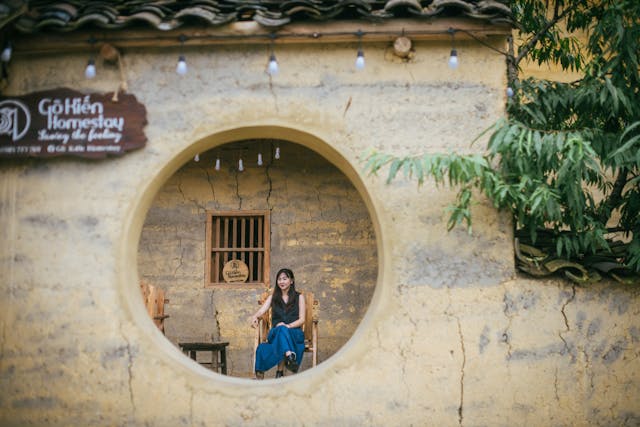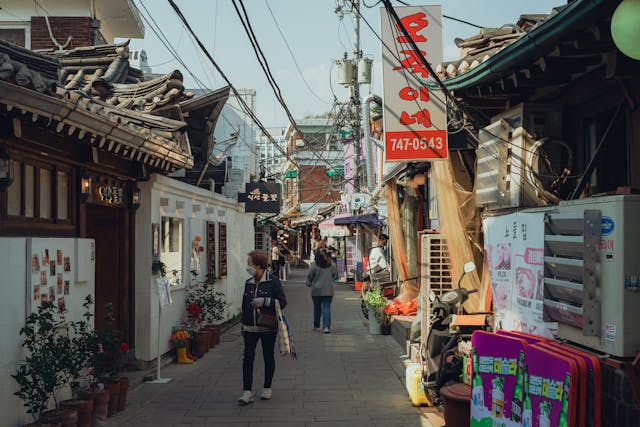Traveling through rural India offers an authentic glimpse into the country’s rich traditions, diverse cultures, and unspoiled landscapes. However, it also requires a deep sense of cultural sensitivity to respect the customs, values, and ways of life of the local communities. As travelers, it’s important to approach rural India with respect, humility, and mindfulness to ensure that our presence is positive, not disruptive. In this article, we’ll explore how to understand and practice cultural sensitivity while traveling in rural India.
1. Respect Local Customs and Traditions
Rural India is home to numerous communities with distinct cultural practices, many of which are rooted in centuries-old traditions. While these customs may be unfamiliar or different from what you’re used to, it’s essential to approach them with respect and an open mind.
- Greetings: The way people greet each other can vary across regions. In some areas, a simple handshake may suffice, but in many parts of rural India, especially in the north, it’s more common to greet others with a traditional “Namaste” by joining your palms together. Understanding and using the local greeting shows respect for the culture.
- Dress Modestly: In rural areas, especially in conservative regions, modest dressing is essential. For women, this often means covering the shoulders and wearing clothes that don’t reveal too much skin. Men, too, should avoid wearing shorts in more traditional villages. Dressing modestly shows respect for local norms and helps you blend in more seamlessly.
- Religious Sensitivities: India is a land of diverse religious beliefs, and rural communities often maintain deep ties to their spiritual traditions. Whether visiting a temple, mosque, or village shrine, it’s essential to be respectful of religious practices. This includes removing shoes before entering religious sites, refraining from public displays of affection, and following any other customs specific to the place.
2. Be Mindful of Photography
One of the most exciting aspects of rural travel is capturing the beauty of the landscapes, people, and daily life. However, it’s important to remember that not everyone is comfortable being photographed.
- Ask for Permission: Before taking photographs of people, especially villagers, always ask for permission. In some communities, people may be uncomfortable with having their photo taken due to cultural or spiritual beliefs. Respect their wishes if they decline.
- Avoid Intrusive Photos: Be mindful of the context and the moment you’re capturing. Don’t take pictures of people in distress or private moments, as this may be seen as invasive. Instead, try to capture the essence of life in rural India with authenticity and respect.
- Respect Sacred Sites: Many rural areas have sacred places that locals hold dear, such as temples, shrines, or natural spots. Always ask before taking photos at these locations, as some may have strict no-photography rules.
3. Understand and Respect Social Norms
Social norms can differ significantly between rural and urban areas in India. In rural communities, relationships, family structures, and community ties are often very different from those in big cities. Here are a few key norms to keep in mind:
- Gender Roles: Traditional gender roles are still prevalent in many rural areas. Women may have different responsibilities and expectations than men, and gender-based interactions can be more formal. Be respectful of these roles and avoid making assumptions or engaging in behavior that could be considered inappropriate.
- Greetings and Interaction: In rural India, interactions with elders are especially important. Always greet older people with respect, using polite language and showing deference. This includes standing up when speaking to elders, offering them seats, and showing general respect in your behavior.
- Community Life: Rural communities in India tend to have strong bonds, with people often living in close-knit family groups. When traveling, try to engage with locals as part of the community, not as an outsider. Participate in local activities, ask questions, and show interest in their lifestyle without being invasive.
4. Be Sensitive to Economic Disparities
Rural India, while often breathtakingly beautiful, can also reflect stark economic disparities. Many rural communities face challenges related to poverty, limited access to education, and basic amenities. As a traveler, it’s important to approach these differences with sensitivity.
- Avoid Giving Money to Children: While it might be tempting to give money or gifts to children you meet along the way, this can inadvertently create dependency and contribute to a culture of begging. Instead, consider donating to local initiatives, NGOs, or schools that are working to improve the lives of children in rural areas.
- Support Local Businesses: When you want to make a positive impact, consider supporting local artisans, craftspeople, and small businesses. Buy locally-made handicrafts, products, or food to help sustain the local economy. This ensures that your money stays within the community and directly benefits those who need it most.
5. Be Aware of Environmental and Ecological Sensitivities
Many rural areas in India remain closely connected to nature, with forests, rivers, and agricultural lands playing vital roles in the local economy and culture. When traveling, it’s crucial to be mindful of the environment to avoid causing harm to these delicate ecosystems.
- Avoid Littering: Trash is a major environmental issue in many rural areas. Always carry your waste with you and dispose of it properly. This includes avoiding the use of plastic bags or bottles, which can be harmful to both the environment and the local community.
- Respect Nature: If you’re visiting rural areas known for their natural beauty, such as villages near forests or rivers, avoid disturbing the wildlife or damaging the landscape. Follow established trails, avoid picking plants or flowers, and leave no trace of your visit.
6. Engage with Local Communities Respectfully
Cultural exchange is one of the greatest benefits of traveling, but it’s important to engage with local communities in a respectful, non-exploitative manner.
- Learn Local Traditions: Instead of seeing rural communities as subjects to be observed, take the time to learn about their traditions, art, and culture. Ask questions, listen to their stories, and take part in community activities if invited.
- Contribute Positively: If you have specific skills or knowledge that could be helpful, consider offering them in a meaningful way. For example, you might offer to teach a class on photography or share your knowledge of sustainable practices, but be sure to first understand how your contributions could be received.
Traveling to rural India is a deeply enriching experience that offers insights into the heart of the country’s diverse cultures. By approaching these communities with respect, humility, and cultural sensitivity, you not only enrich your own journey but also foster positive relationships with the people you meet. Being mindful of local customs, economic conditions, and environmental concerns allows us to travel responsibly and make our trips more meaningful, ensuring that our presence is a positive influence rather than a disruption.
The beauty of rural India lies in its authenticity, and by traveling with cultural sensitivity, you help preserve this authenticity for generations to come.





